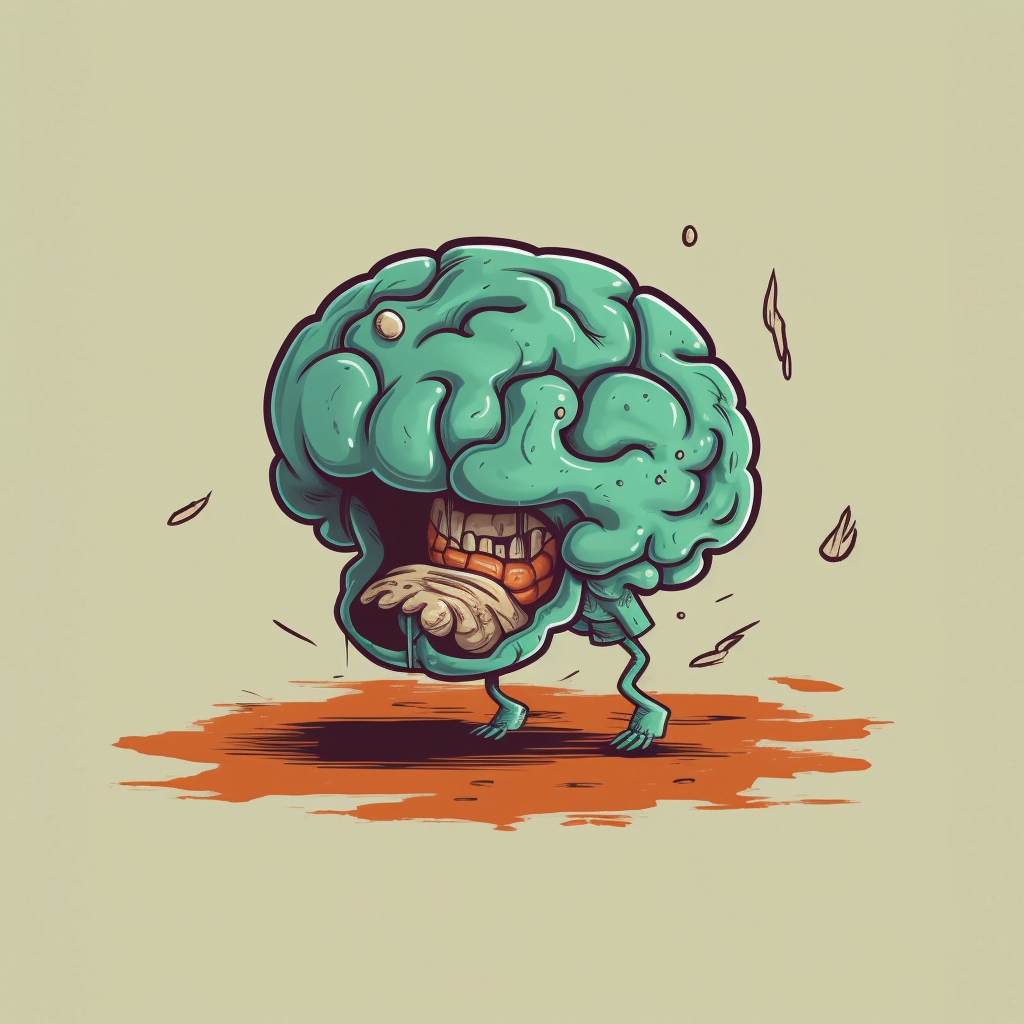
In psychology, the definition of concept has to do with all of the mental groupings related to similar objects, events, and individuals that make up what that thing is.
For example, think of a pumpkin. You might think it’s orange, about 1 foot wide, and either tastes amazing or disgusting depending on your affinity towards vastly overpriced Star Bucks products. All of these thoughts combine to make up your personal concept of a pumpkin.
What is Concept in Psychology?
So, what is a concept? Well, it’s like a fancy word for an idea that’s kind of abstract and hard to put your finger on. You can’t touch it or see it, but you can talk about it and write about it.
In psychology, concepts help us make sense of why people do the things they do. We study all kinds of factors that might be influencing them, like their biology, their environment, their emotions, and their thoughts. It’s like trying to solve a big puzzle to figure out what’s going on in their minds.
And when we use these concepts to study people, we’re also studying the mind! That’s because everything that makes us who we are – our thoughts, feelings, and behaviors – comes from our brains. So, by understanding the concepts in psychology, we can better understand ourselves and the world around us.
Humanistic Concepts
Humanistic concepts in psychology focus on the individual as a unique whole, considering not only their psychological and physiological issues but also their free will in decision-making. The emphasis is on providing individuals with tools to gain insight into themselves, and their decisions are intrinsically motivated. Humanistic concepts combine the behavioral and psychodynamic concepts, recognizing that an individual can be influenced by both when making decisions.
Psychodynamic Concepts
If you’re into the internal workings of the mind, you might be interested in the psychodynamic approach. This concept was developed by Sigmund Freud, who believed that all behavior is the result of internal processes that we may not even be aware of.
Freud suggested that our internal drives are created in childhood, based on our experiences with our parents and other authority figures. He also believed that these drives are primarily unconscious, meaning we’re not fully aware of them.
One of the most famous examples of Freud’s theories is the Oedipus complex. According to this theory, individuals may be sexually attracted to their opposite-gendered parent and seek partners who have similar traits. This attraction is believed to stem from childhood experiences, which shape our internal drives and influence our behavior.
Biological Concepts
If you’re interested in the biological side of psychology, you’re in luck! The biological approach seeks to understand how our biology affects our behavior. That means we’re looking at things like hormones and genetics to explain why we act the way we do.
This approach suggests that all of our emotions and actions can be traced back to a physiological reason. In other words, what’s happening in our bodies – like the chemicals in our brains – can affect our thoughts and behaviors.
Behavioral Concepts: Learning by Doing
Behavioral concepts in psychology are all about learning through experience. This approach posits that all behaviors are learned and can be modified through reinforcement and punishment. In other words, people learn what is acceptable or unacceptable behavior based on how the environment reacts to it.
One of the most famous examples of behavioral conditioning is Pavlov’s dog. Every time the dog was fed, a bell rang. Eventually, the dog learned to associate the sound of the bell with the arrival of food, and he began to salivate even at the sound of the bell alone. This is called classical conditioning, where an unconditioned stimulus (food) becomes associated with a conditioned stimulus (bell) through repeated exposure.
Cognitive Concepts: Thinking About Thinking
Cognitive concepts are all about mental processing and how it affects behavior. This approach posits that individuals consciously decide to engage in certain behaviors based on their thoughts, desires, and perceptions. However, this theory is not without its limitations as it does not fully account for the influence of emotions on behavior.
Biological Concepts: The Science of Nature
Biological concepts in psychology, also known as the biological approach, focus on the physiological factors that influence human behavior. This includes the study of genetics, hormones, and the brain.
According to the biological approach, behavior is largely determined by a person’s genetic makeup and inherited traits. In other words, our DNA influences our behavior to a significant extent.
Mind-Body Connection
The biological approach also emphasizes the connection between the mind and body. All emotions and actions are believed to be traced back to a physiological reason, which could be caused by hormones in the brain. This approach recognizes that the mind and body are interconnected and cannot be studied in isolation.
Psychodynamic concepts, also known as the psychodynamic approach, were first developed by Sigmund Freud. This approach posits that all behavior is driven by internal processes that are largely unconscious and rooted in childhood experiences.
Unconscious Drives and the Oedipus Complex
According to Freud, internal drives are primarily unconscious and not fully known by the individual. The most famous example of this is the Oedipus complex, which claims that individuals are sexually attracted to their opposite-gendered parent and seek out partners who possess similar traits. These drives are said to stem from childhood experiences and shape our behavior throughout our lives.




